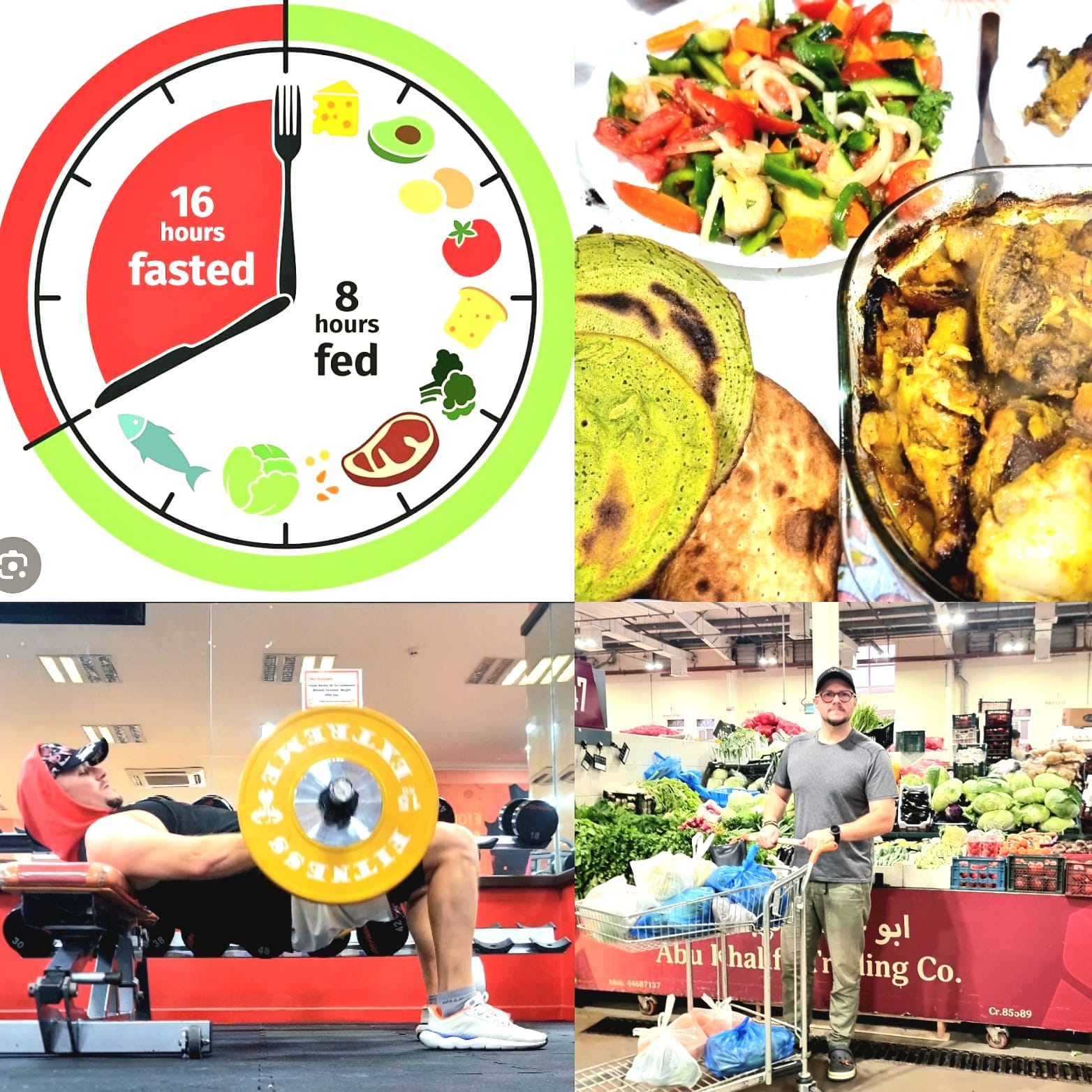Intermittent Fasting: A Modern Approach to Health That Fits Ramadan Too
Dr. Mario Figlioli, my Blog: Mental Coach & Personal Trainer, Mario Fit.

Over the past decade, intermittent fasting has become one of the hottest trends in the health and fitness world, attracting millions with its promise of weight loss, improved metabolic health, and increased longevity. But what exactly is intermittent fasting, and can it be adapted for traditional fasting periods like Ramadan? In today’s post on MarioFit, we’ll dive into these topics, offering a clear guide on how to incorporate this practice into your life while still respecting traditions.
What is Intermittent Fasting?
Intermittent fasting isn’t a diet in the traditional sense but rather a pattern of eating that alternates between fasting and eating periods. It doesn’t specify which foods to eat but rather focuses on when to eat them. There are various methods, with the most popular being the 16/8 method, which involves fasting for 16 hours and eating all your daily calories within an 8-hour window. Other methods include fasting for 24 hours once or twice a week or the 5:2 method, which involves eating only 500–600 calories on two non-consecutive days of the week.
Benefits of Intermittent Fasting
Scientific research has begun to unveil the benefits of intermittent fasting, including:
- Weight Loss and Fat Loss: By limiting the window in which food is consumed, many people naturally reduce their daily calorie intake, aiding in weight loss.
- Improved Metabolic Health: Intermittent fasting can improve various risk factors for heart disease, such as blood pressure, LDL cholesterol levels, triglycerides, and blood sugar levels.
- Increased Insulin Sensitivity: By reducing insulin resistance, intermittent fasting can lower the risk of type 2 diabetes.
- Potential Benefits for Brain Health and Increased Longevity: Animal studies suggest that intermittent fasting can support brain health and increase lifespan.
Intermittent Fasting and Ramadan
Ramadan, the holy month of fasting for Muslims, involves fasting from dawn to sunset, with no food or drink consumed during daylight hours. Although the Ramadan fast is primarily a spiritual and self-discipline effort, it also offers an opportunity to experience some of the benefits of intermittent fasting.
However, there are some important considerations for those looking to adapt intermittent fasting during Ramadan:
- Balanced Nutrition: During Suhoor (pre-dawn meal) and Iftar (sunset meal), it’s crucial to consume balanced, nutrient-rich meals to sustain energy throughout the day.
- Hydration: Ensure to drink plenty of water between Iftar and Suhoor to keep the body hydrated.
- Listen to Your Body: It’s vital to listen to your body’s signals, making sure not to overburden it, especially on days when physical or mental demands are higher.
In conclusion, intermittent fasting offers a flexible eating framework that can be adapted to adhere to the Ramadan fast, allowing practitioners to experience health benefits while observing religious traditions. As always, it’s important to consult a healthcare professional before making significant changes to your diet or exercise routine, especially for those with pre-existing medical conditions.








